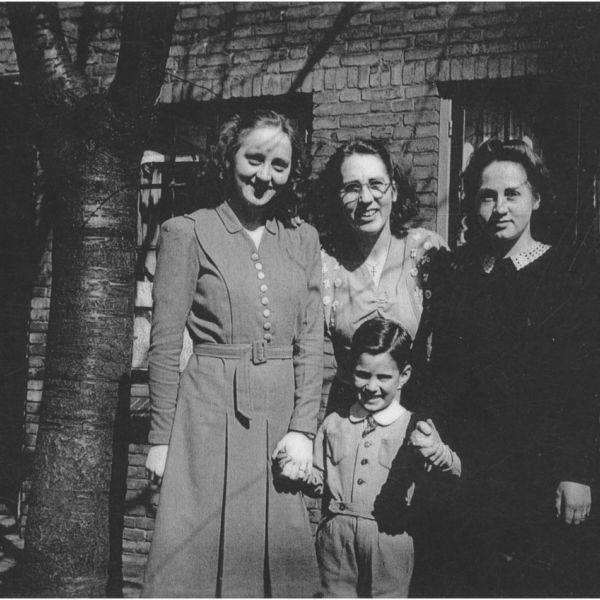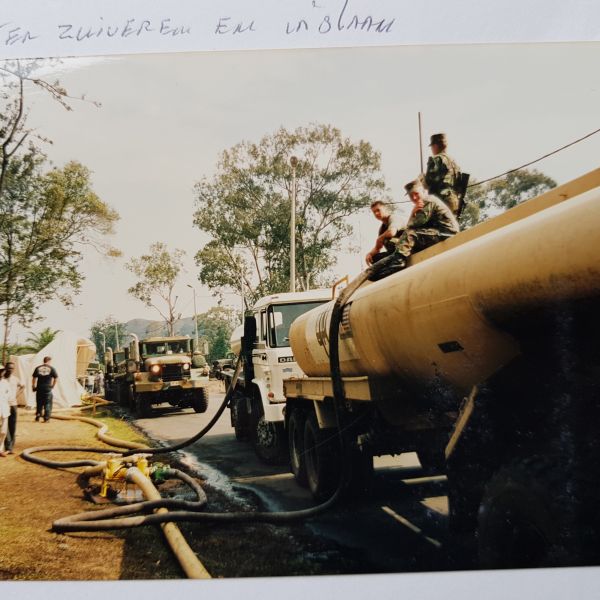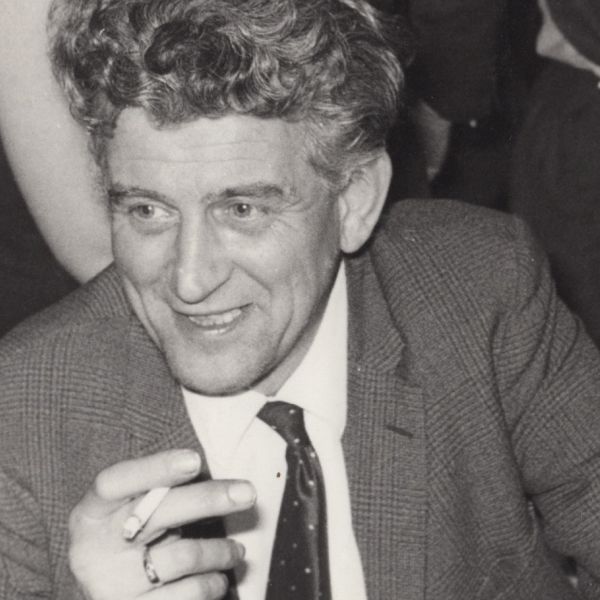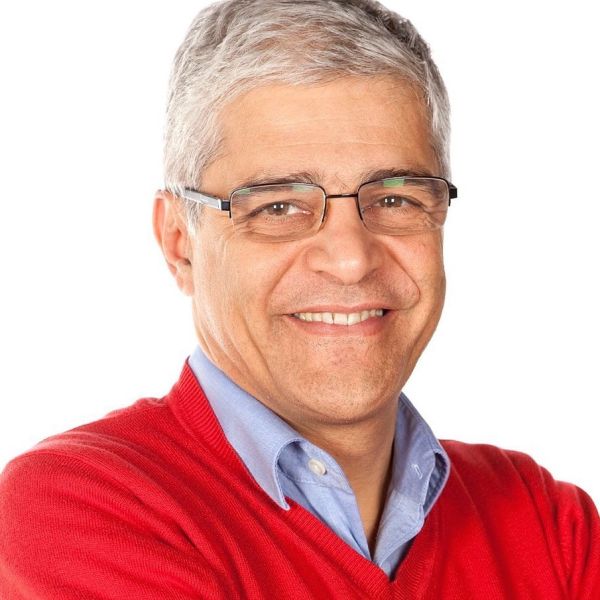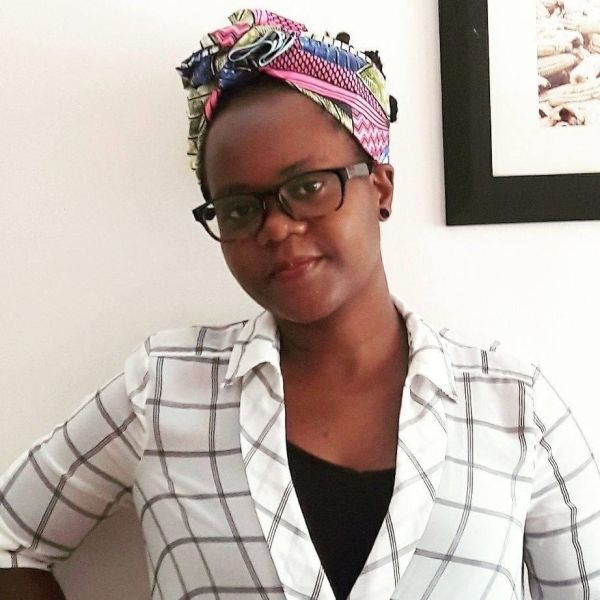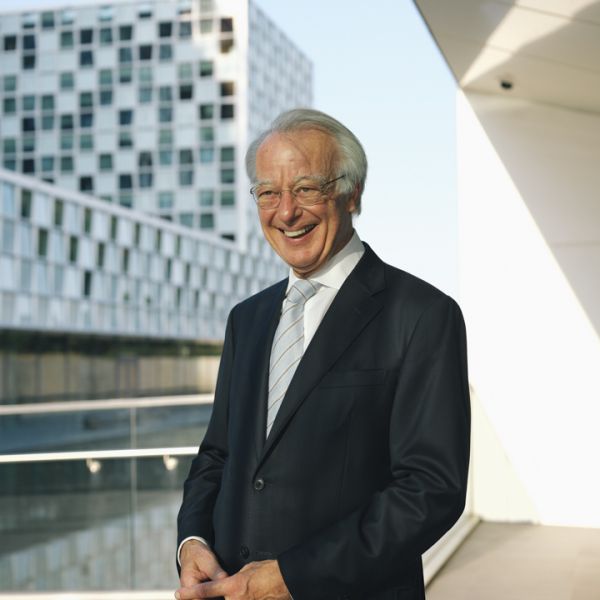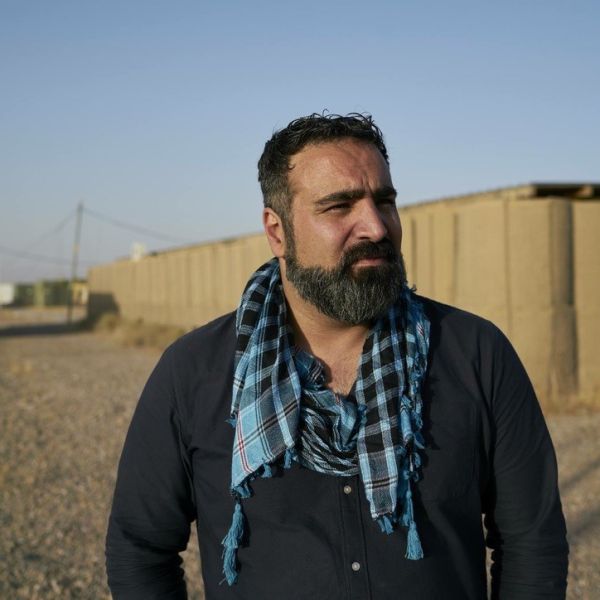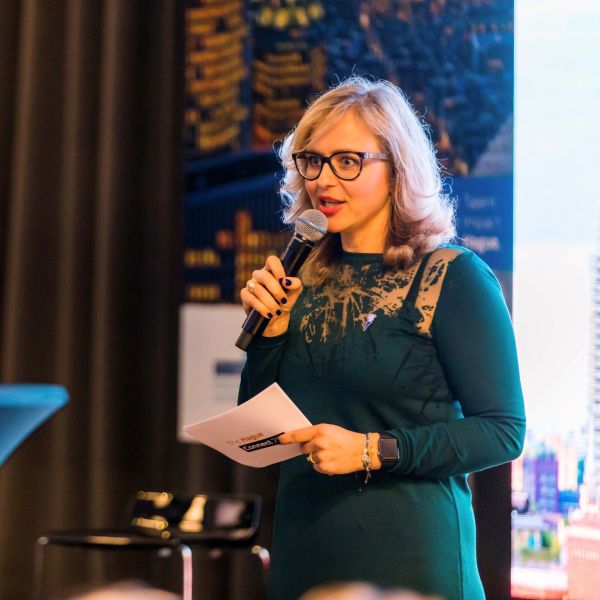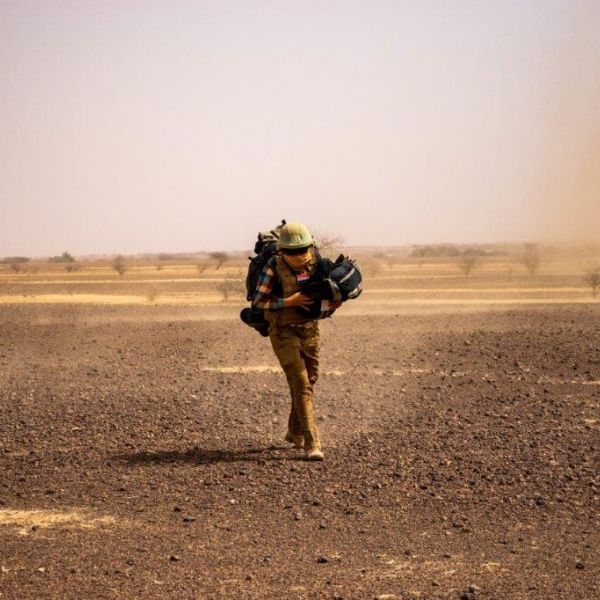75 years of UN in 75 stories: Eran Nagan
On 24 May 2018, the UN Security Council unanimously adopted a resolution condemning starvation of civilians as a tactic of war. As the initiator behind it, Dutch diplomat Eran Nagan (1976) was closely involved in all the negotiations on this resolution.
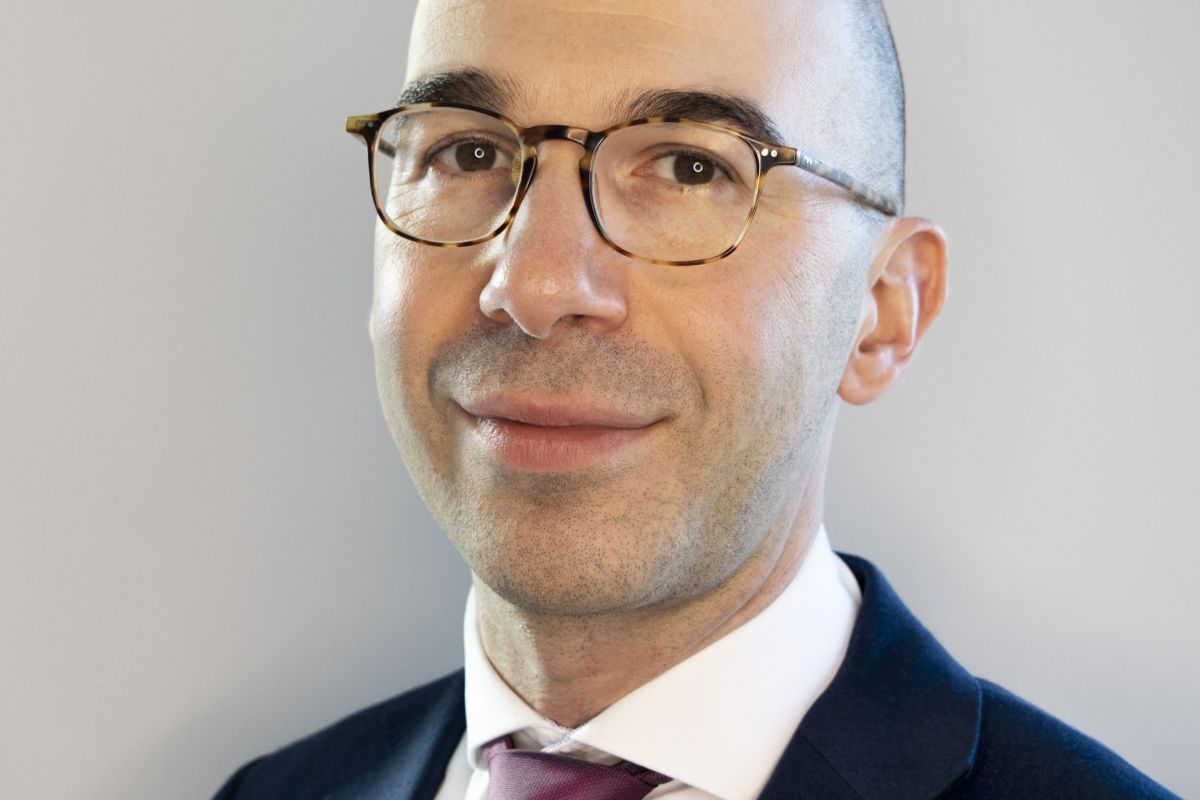
“The greatest thing is that the resolution had an immediate effect on the people in the field”
In 2018, the UN Security Council adopted a resolution recognising starvation as a war crime. The use of starvation as a tactic in war has been described in sources going back to the ancient world. For Stalin, Pol Pot and Mao, starvation was a tried-and-true method for bringing a population to its knees. But starvation of a civilian population has also been used on a massive scale even in more recent wars, such as in Yemen, Syria and South Sudan.
To understand why Russia and China were initially hesitant to support this UN resolution, you need only look at the histories of the Soviet Union and China. But their loyalty to regimes that are currently using this practice was also a significant consideration. In the 21st century, the number of people suffering from hunger as the result of an armed conflict is higher than ever: nearly half a billion people are suffering from chronic hunger as the result of deliberately caused food shortages and active obstruction of food aid.
The UN resolution makes it possible to hold regimes accountable for violating the arrangements; in the most extreme cases, the UN can impose sanctions if civilians are being denied access to food. Additionally, the resolution creates the option to use UN missions to secure civilian access to food.
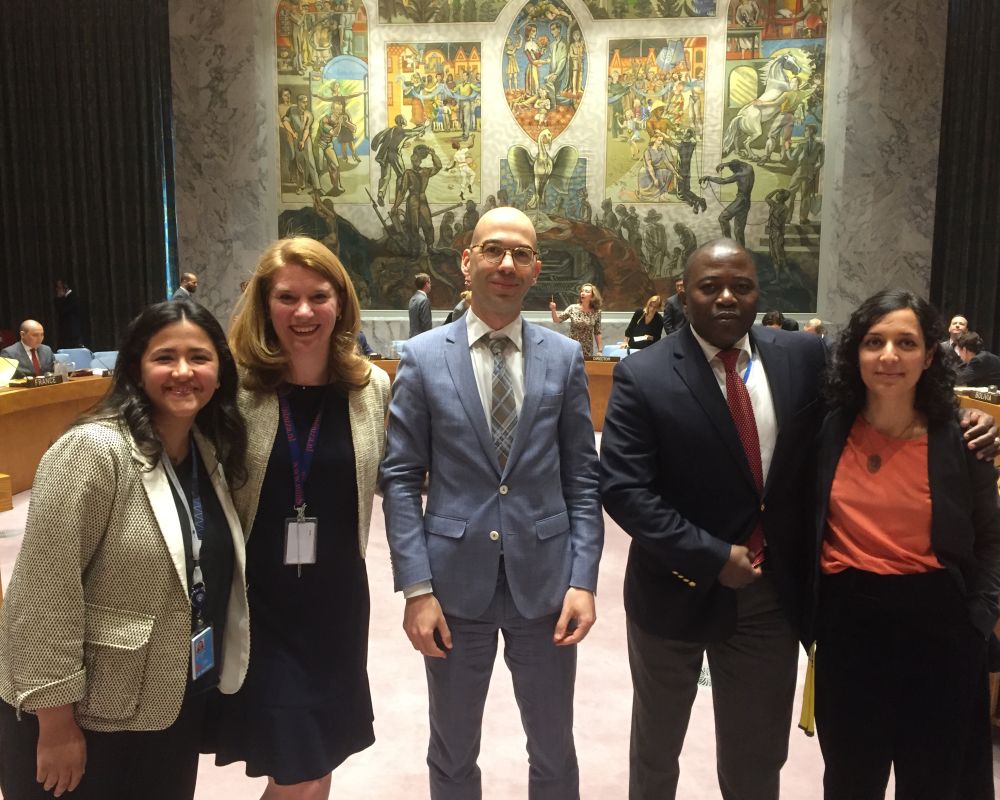
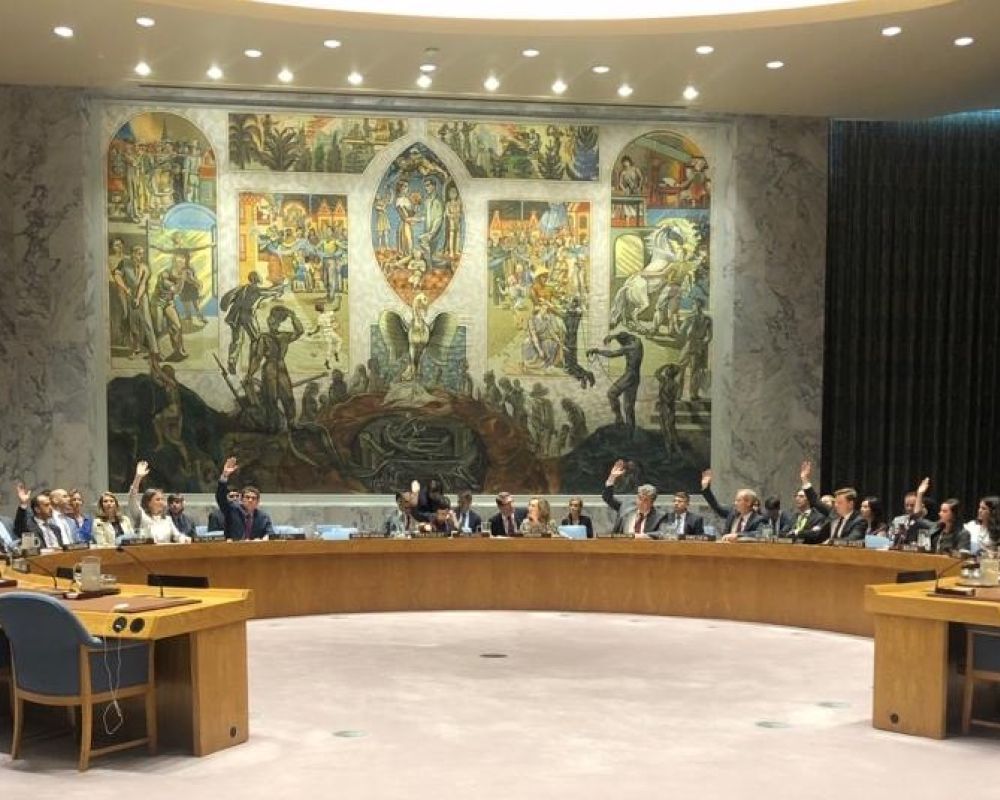
“The fact that it worked is also a matter of personalities”
“The process leading up to the resolution was very long. We held seminars in New York, Geneva and Rome where we spoke to humanitarian aid workers, diplomats, international legal scholars, NGOs. The Dutch ‘consensus model’ is hard-wired into us. I discussed the first version of the resolution with every member of the Security Council individually. That happened over a great many cups of coffee in the lounge of the UN building in New York.
Russia and China didn’t think it was a subject for the Security Council. For other countries, it was a sensitive theme because they had famine at home and didn’t want to see themselves appearing on the Security Council’s agenda. We just kept explaining, plainly and calmly, that hunger was being used as a weapon in more and more wars around the world. Our goal was to give the most vulnerable a place on the Security Council’s agenda. We didn’t get everything we wanted into the resolution, but the essence remains intact.
“You always have to keep your cool, keep listening and show flexibility”
Right down to the last minute, we didn’t know whether Russia was going to vote for it or not. The fact that they did is also a matter of personalities. My Russian colleague was very cooperative and approachable, and within his margins he looked at what we could agree on.
After it was all over, I even got a compliment from him about our open manner of communication. You always have to keep your cool, keep listening and show flexibility. In these negotiations, you have to use a little bit of everything: tactics, theatrics, sometimes a little bit of bluffing.
The greatest thing about this Dutch success story is that we saw that the resolution had an immediate effect on the people in the field. The humanitarian aid organisations distributing food are already using the resolution to gain access to certain areas. If access to where people are starving is deliberately being blocked, they can report that to the Security Council, and they can then do something about it.”
There is only one place on earth where nearly all the nations of the world sit around the table: the United Nations. The UN focuses on issues that transcend the borders of countries or even affect the entire world, such as peace and security, climate change, education, health, cultural heritage, economic development, and more. To many, the work of the UN seems very abstract, but by engaging with rescue workers, peacekeepers, aid workers, diplomats, eyewitnesses, soldiers, and others involved with the UN, it becomes clear how important the work of this organization is. This is exactly what Humanity House has done. Unfortunately, this organization had to close its doors, but Just Peace and Museon-Omniversum have teamed up to preserve their stories. You can now find these stories on Just Peace's website, and some of them are also included in an exhibition about the UN at Museon-Omniversum.
The 75 Years of UN Stories were collected and curated by Frederiek Biemans for Humanity House.
